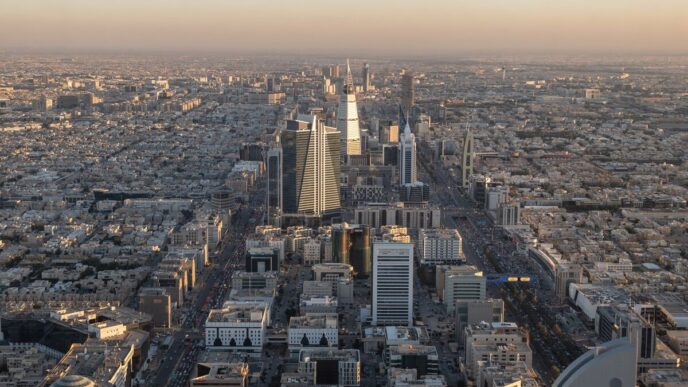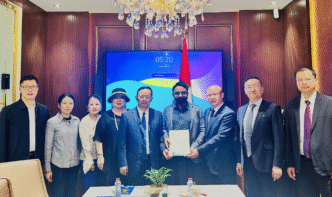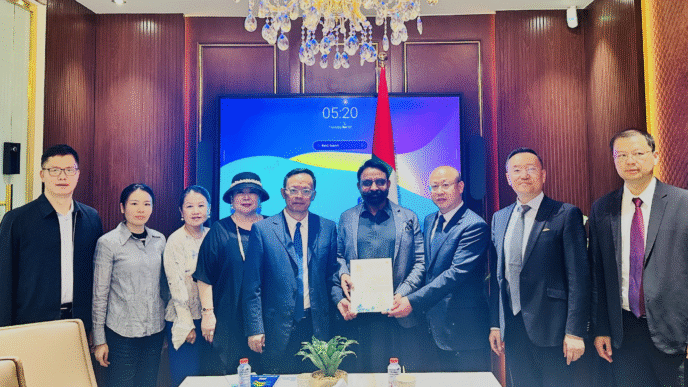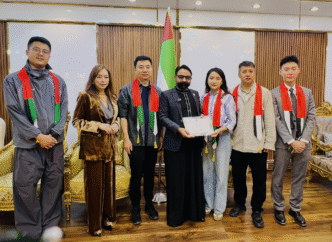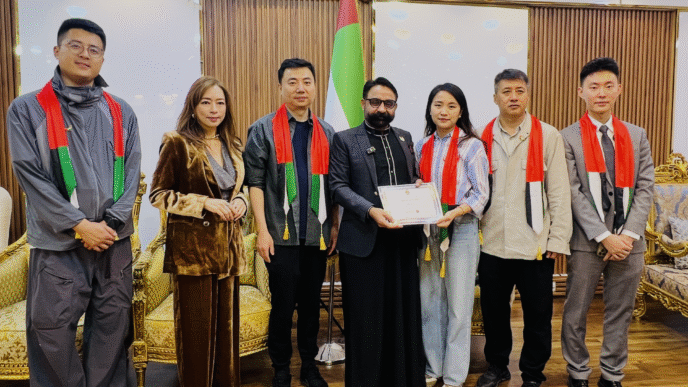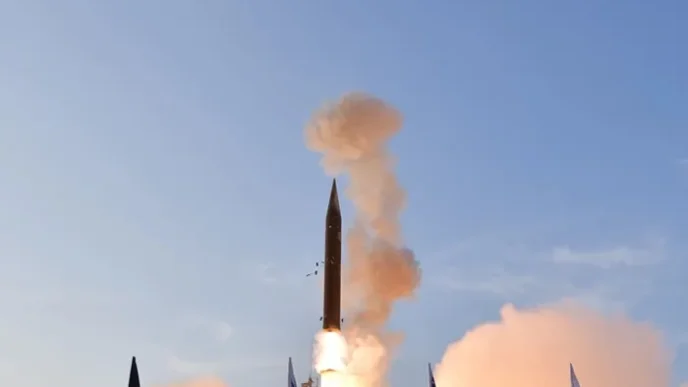The United Arab Emirates has announced an ambitious plan to invest $1 billion in artificial intelligence infrastructure across Africa, signaling one of the most strategic expansions of its global tech footprint to date. The initiative, aimed at accelerating AI adoption on a continent where digital transformation has lagged, represents more than a financial commitment. It is a calculated geopolitical move designed to position the UAE as a leading architect of Africa’s technological future at a time when global powers are competing intensely for influence.
For years, Africa has faced a widening digital divide. While the continent is home to some of the fastest-growing populations and urban centers in the world, its technological infrastructure remains deeply uneven. High-speed connectivity, cloud computing capacity, reliable power grids, and cutting-edge data centers are still concentrated in a handful of countries. Meanwhile, many regions lack the computational resources necessary to build, train, or deploy modern AI systems. The result is a paradox: Africa has enormous potential to benefit from artificial intelligence—especially in agriculture, financial inclusion, healthcare, and logistics—but lacks the foundational infrastructure to do so at scale.
The UAE’s $1 billion initiative seeks to close that gap. By financing data centers, fiber connectivity, government AI platforms, and training programs, the Emirates hopes to accelerate Africa’s transition into the global AI economy. But the move is also part of a broader pattern. Over the past decade, the UAE has transformed itself into a global innovation hub, building world-class AI institutes, investing in cutting-edge semiconductor partnerships, and creating regulatory environments that attract global tech giants. Now, it is exporting that model.
Africa represents the next frontier.
For the UAE, the strategic rationale is clear. The continent’s population is projected to double by 2050, and its digital economy is expected to reach over $700 billion within the next decade. Countries from Kenya to Nigeria are birthing vibrant startup ecosystems. Rwanda and Mauritius have positioned themselves as digital-policy pioneers. Ghana is emerging as a center of fintech experimentation, while Morocco, South Africa, and Egypt are investing heavily in innovation districts and technical universities.
Yet despite this momentum, the continent’s AI adoption lags behind other regions. Limited compute capacity, fragmented investment, and inconsistent regulatory frameworks hamper progress. The UAE believes it can fill this vacuum. The Emirates see Africa not as a region in need of aid, but as a strategic partner in the making—one whose future economic power can be shaped early through technology.
The investment also aligns with Abu Dhabi’s evolving geopolitical playbook. The UAE has long relied on foreign investment, diplomatic fluidity, and strategic modernization to maintain influence disproportionate to its size. Now, in the age of AI, it aims to leverage technological leadership to cement long-term partnerships. Africa, with its growing importance in global supply chains, its pivotal role in climate policy, and its emerging digital markets, is an ideal arena to extend that influence.
Unlike Western partners who tend to approach Africa with conditionalities, or China whose infrastructure projects often generate controversy over debt risks, the UAE has positioned itself as a pragmatic, business-oriented collaborator. Its pitch is simple: fast investment, flexible partnerships, and a focus on building digital capacity rather than extracting resources. For African governments eager to modernize but wary of geopolitical entanglements, the UAE’s model is appealing.
The initiative also reflects a global shift toward competing visions of AI development. Countries like China and the United States are vying for dominance not only through research and corporate presence but through exporting their digital ecosystems abroad. The UAE is now entering that competition. By offering Africa access to computing infrastructure, energy-efficient data-center design, and AI training programs, it positions itself as a technological partner capable of shaping regulatory norms and digital architectures across dozens of states.
The implications for Africa are profound. AI infrastructure is not simply a matter of installing computers; it determines who controls data, which languages and cultures are represented in training sets, and how governments manage everything from healthcare diagnostics to digital identity systems. If the UAE succeeds in building foundational layers of Africa’s AI economy, it will influence the continent’s technological trajectory for decades.
But the initiative also raises important questions. Will African nations have full sovereignty over the AI models built on UAE-funded systems? How will data governance and privacy be enforced? Can the investment avoid replicating existing inequalities within countries where urban and rural digital divides remain vast? And will local talent be empowered, or will foreign companies dominate the AI value chain?
The answers will depend on how partnerships are structured. Analysts note that if the UAE truly wants to position itself as a leader in African AI development, it must commit not only to infrastructure but to capacity building—investing in local universities, startup accelerators, research labs, and technical training programs. The early signals suggest that this is part of the plan, as the UAE has already launched collaborative AI training initiatives with Kenya, Rwanda, and Senegal.
The timing of the investment could not be more consequential. As AI technologies reshape economic competitiveness, countries without early access risk being locked out of future innovation cycles. Africa stands at a crossroads: it can either become a peripheral user of technologies created elsewhere or an active contributor to global AI development. The UAE’s investment provides a chance to accelerate the latter path.
For the Emirates, the $1 billion plan is both a diplomatic strategy and an economic bet. For Africa, it may be an opportunity to leapfrog traditional stages of development and enter the AI era with momentum. Whether this becomes a true partnership of equals or another chapter in the global competition for influence will depend on how both sides navigate the complexities of power, data, and technology.
What is certain is that the UAE has recognized something many Western nations have overlooked: Africa is poised to become a central player in the next wave of global innovation. And those who invest early will shape not only the digital future of a continent, but the geopolitical landscape of the 21st century.






